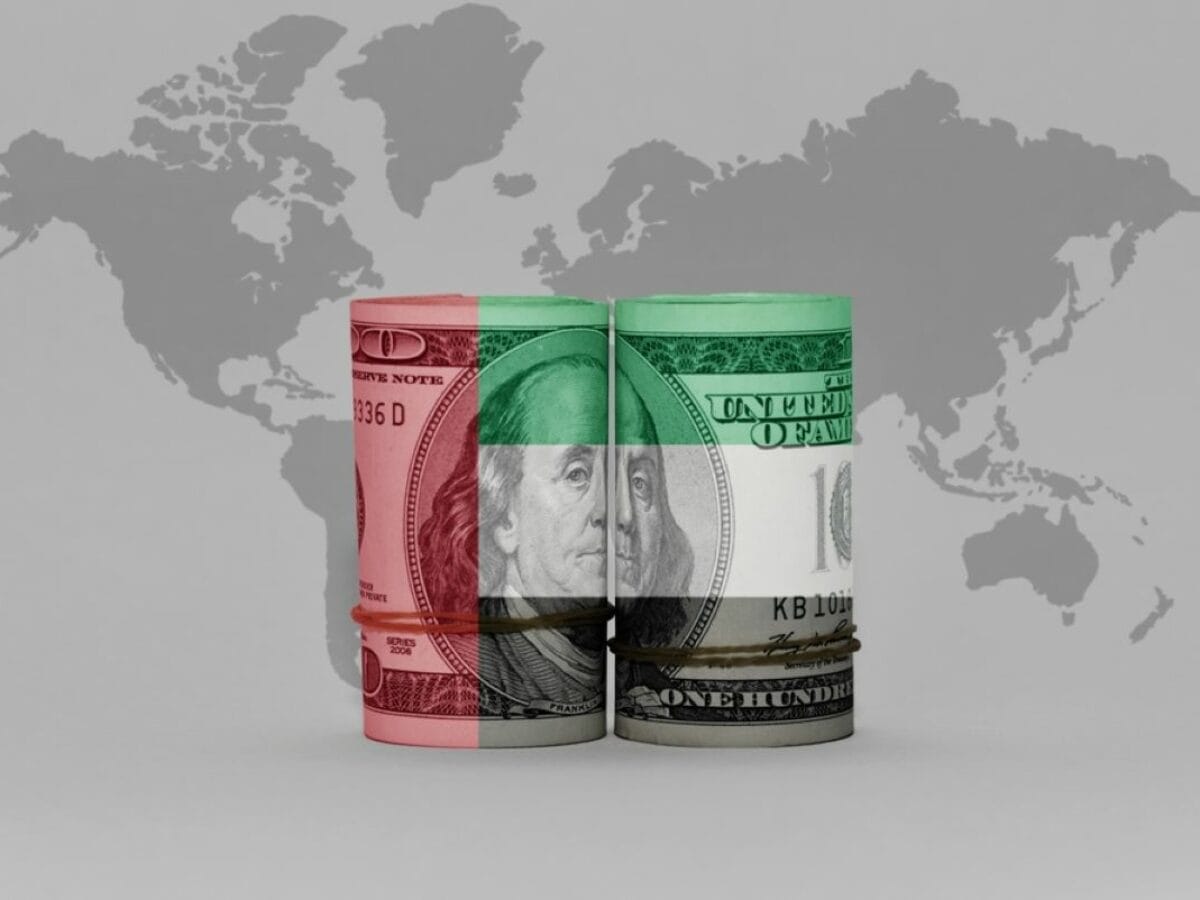Dubai is pursuing a plan to reduce debt and borrowing costs, mitigate refinancing risks, and ensure the Government’s financial stability in the medium term.
Dubai’s Public Debt Management Office (PDMO) announced a reduction of approximately AED 29 billion ($7.8 billion) in Dubai’s public debt by end 2023.
Dubai has reduced its public debt amid an exceptionally strong economic recovery.
This reduction will apply to all asset classes in the government debt portfolio. This includes a full redemption of Sukuk certificates worth AED 3.3 billion, the repayment of bilateral and syndicated facilities totaling AED 5.2 billion, and a partial settlement of AED 20 billion from financing extended by the Abu Dhabi government and the Central Bank of the United Arab Emirates.
Read: S&P expects Dubai’s debt to fall amid strong economic growth
Debt repayments boost Dubai government’s financial liquidity and prepare it to meet funding commitments to strategic projects and initiatives such as Dubai Urban Plan 2040 and the Dubai Economic Agenda (D33).
Dubai’s debt-to-GDP ratio now stands at 25 percent, compared to international thresholds that typically range between 40 percent and 60 percent.
As of 2020, public debt reached a cyclical high of 78 percent of the GDP.
Rating agency S&P anticipated last May a reduction in the emirate’s government debt to about 51 percent ($66 billion) of the economy this year, citing economic growth.
The UAE and Saudi both outperformed several economies after the COVID-19 pandemic and have reversed the effects of a global economic downturn.
Between 2020 and the first quarter of 2023, Dubai had been making debt repayments, including $2.9 billion in bonds, S&P said. The emirate also reduced its loans from Emirates NBD by a third over the same period.
Dubai’s real GDP growth, however, could decelerate from an estimated 4.2 percent in 2022 to 3.8 percent in 2023, Fitch Solutions forecasted in early 2023.
For more on the economy, click here.








